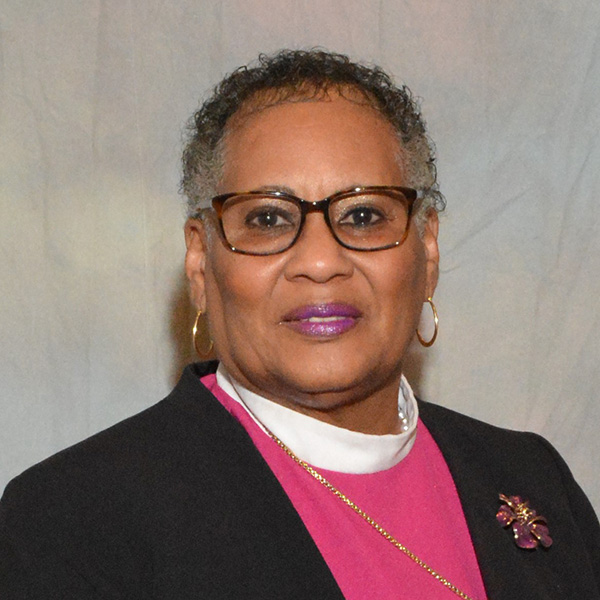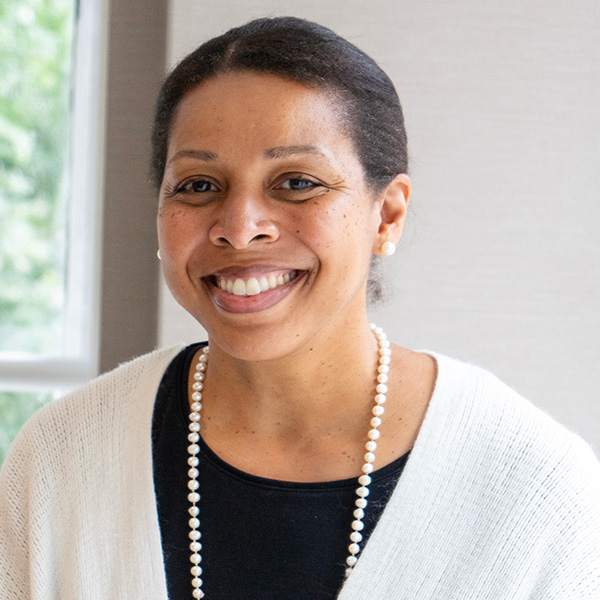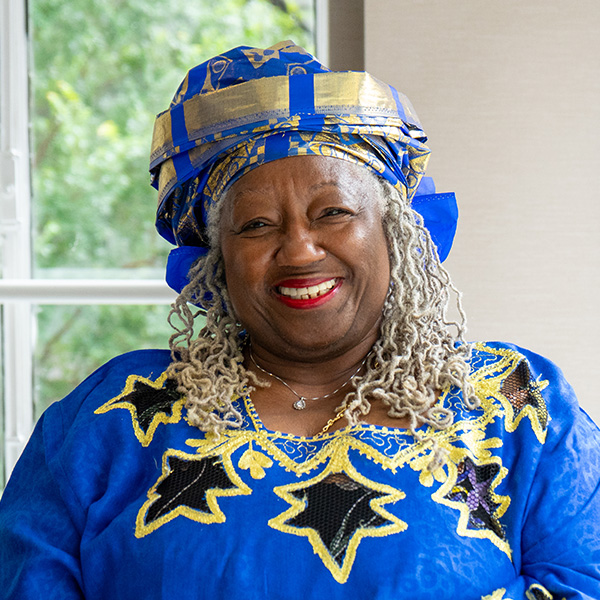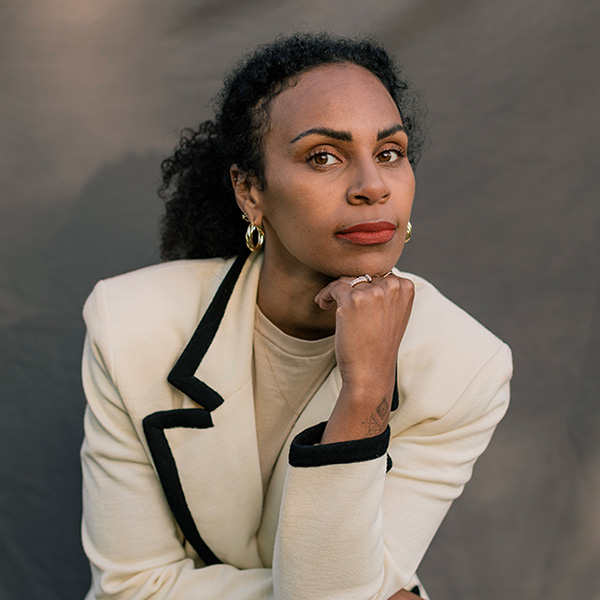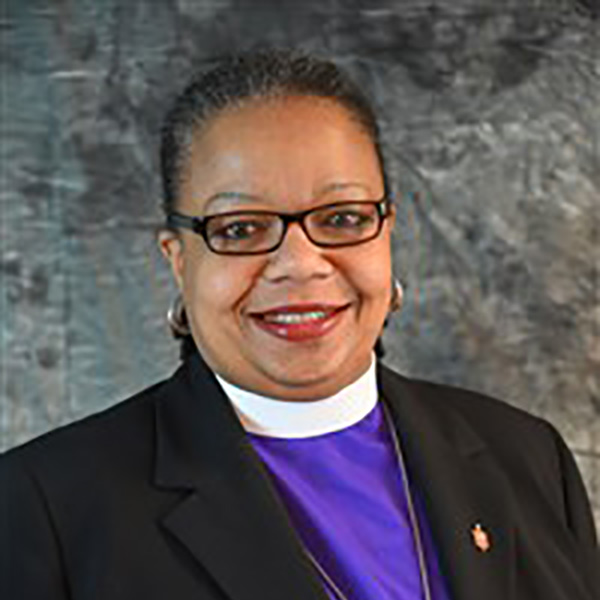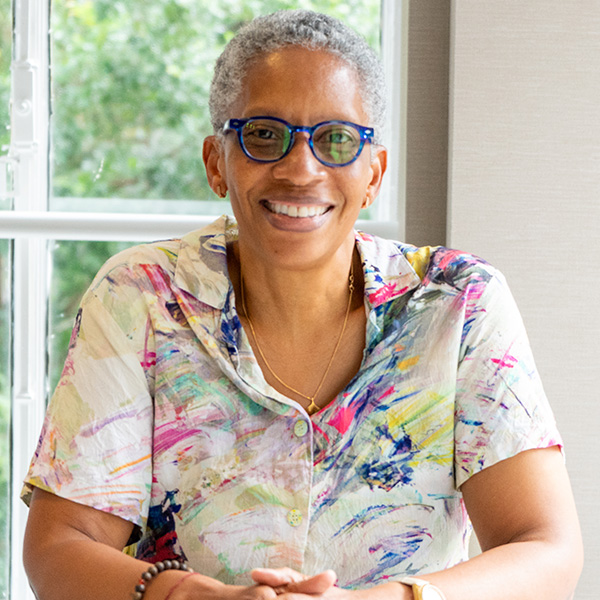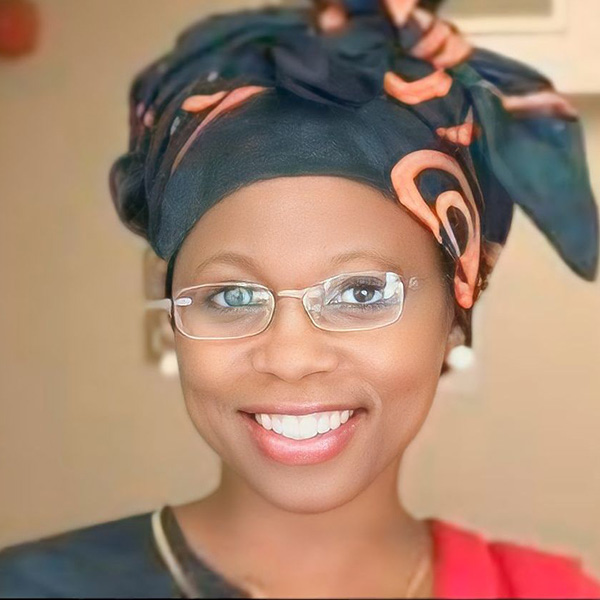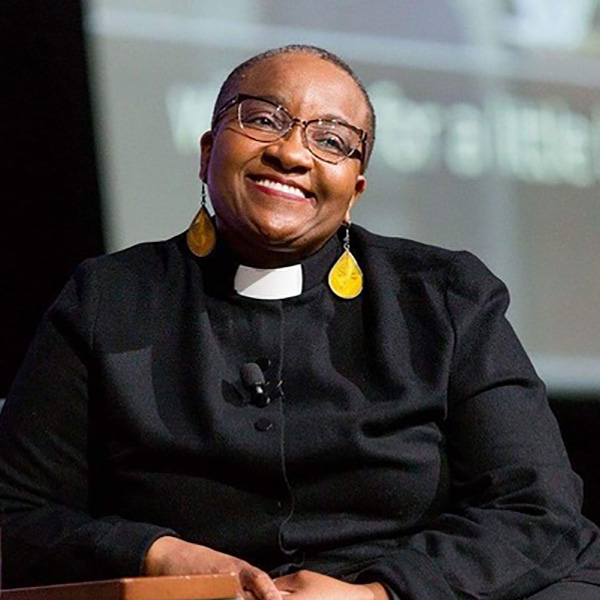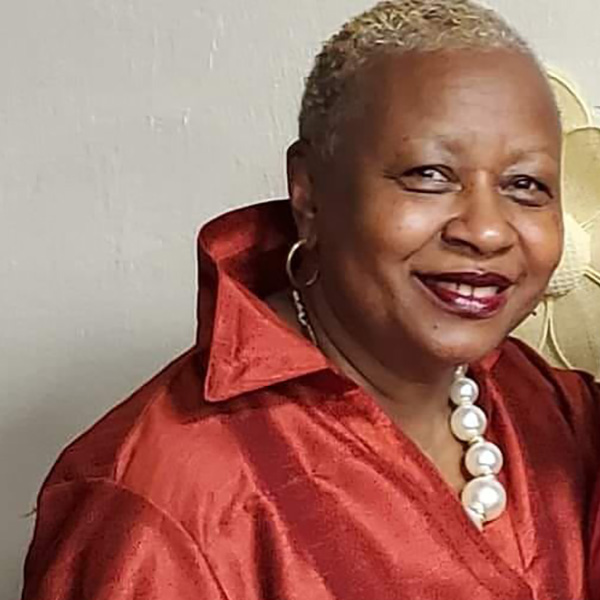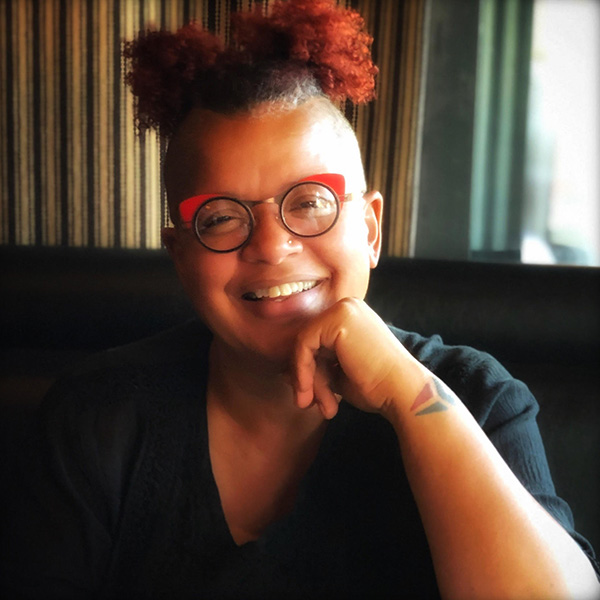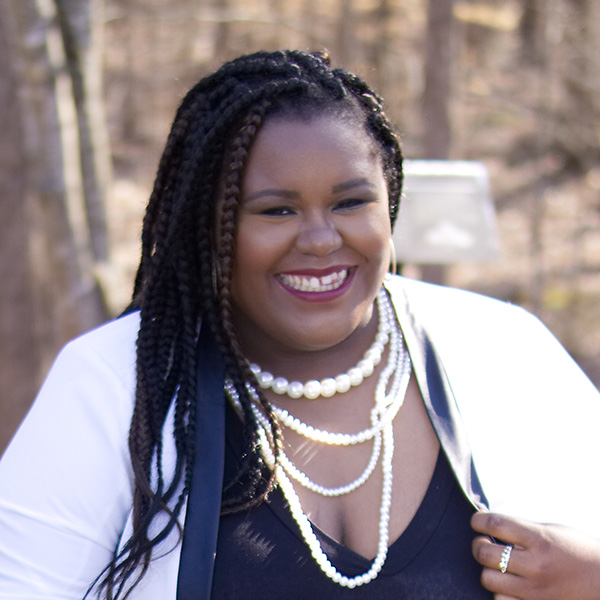Biography
Early Life
Candice Marie Benbow was born on December 11, 1981. She grew up as an only child.
Her mother took her to the library every Friday and the church every Sunday. She enjoyed being in youth groups, plays, and church events.
She also grew up loving hip-hop and rap music, often watching “Yo! MTV Raps” during her free time. She identifies as a person within both the Christian church and hip-hop culture.
She holds degrees from Tennessee State University, North Carolina Central University, and Duke Divinity School.
Religious Activism For Communities Of Color
Candice’s mom suddenly passed away in 2015. Candice also tragically lost people close to her in 2020 due to the COVID-19 pandemic.
She recognized the impact of the pandemic on Black and Brown communities, so she served on the Ad Council’s Healthy and Whole Vaccine Awareness Steering Committee.
She educated Black and Latinx communities of faith to protect themselves from COVID-19 through vaccination and awareness.
Candice Benbow also established The LouiseMarie Foundation in memory of her mother to support HBCU nursing students.
In 2016, Candice created the #LemonadeSyllabus and social media campaign after the release of Beyoncé’s album Lemonade. She featured the work of over 250 black women.
Benbow argued Beyoncé is encouraging Black women of faith to own their truths. She states, “It will be the starting point for the generations of church girls coming behind us.”
Religious Activism for Black Women
Candice has written for various outlets about Black women and the black church, including Essence Magazine, Glamour Magazine, theGrio, The Root, VICE, Shondaland, MadameNoire, and the Me Too Movement.
Benbow acknowledges that Black women are the most religious demographic. However, they do not receive leadership within the black church based on the racism and gendered oppression they experience.
She first coined the term “red lip theology” after a classmate asked if she was a theologian or a Black theologian. She uses “red lip theology” to “center Black women’s faith experiences and say that these can be just as pivotal, educational, and transformative as everyone else’s.”
Red Lip Theology
Her book uses womanist theology to articulate the faith experience of Black women, like herself, who were equally raised in the church and influenced by hip-hop culture.
She explores her relationship to Christianity while encouraging Black women to make their faith their own by embracing all of themselves.
She discusses sexuality for Christian Black women, especially unmarried Christian women. She encourages Black women to tell themselves that they are deserving of their pleasure and ownership of their bodies.
Her book looks at the intersections of beauty, faith, feminism, and culture. She takes pride in her love of hip-hop culture, her beauty regime, and her feminist and womanist ideas.
She encourages Black women to use faith and feminism as a tool of liberation. Red Lip Theology inspires Black women to embrace Black culture and their faith simultaneously.


